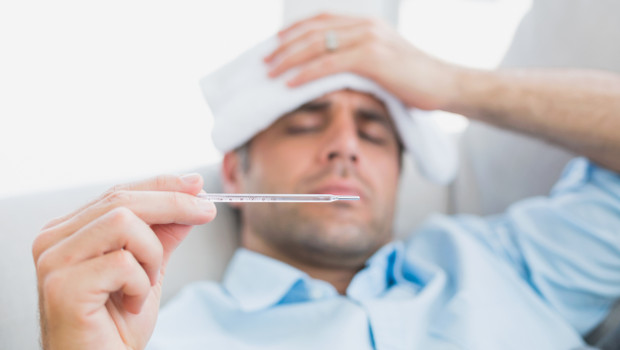Clinical trial of H7N9 bird flu vaccine starts at KPWHRI

Dr. Jackson leads national trial to explore improving immune responses to vaccine
A new clinical trial at Kaiser Permanente Washington Health Research Institute (KPWHRI) is testing an experimental vaccine to prevent infection with the H7N9 avian (bird) influenza virus. The trial is now enrolling volunteers at KPWHRI: adults age 19 years and older who are in good general health. They can be members of Kaiser Permanente Washington—or nonmembers.
Lisa A. Jackson, MD, MPH, a KPWHRI senior investigator, is leading this trial, which aims to find out more about how to improve the immune responses to H7N9 influenza vaccines. Previous studies have found that H7 influenza strains generally do not lead to strong immune responses in people. One way to improve responses to vaccines is to include a substance called an adjuvant, which can boost the immune system to produce more antibodies (proteins that fight infection). An adjuvant can help people to form more antibodies when given with lower strengths of the flu shots.
This study will compare the immune response to different dosages of a H7N9 vaccine (called 2017 H7N9 IIV), with and without the AS03 adjuvant. The National Institute of Allergy and Infectious Diseases (NIAID), part of the National Institutes of Health (NIH), is sponsoring the study. Both the vaccine and the adjuvant are investigational, which means they are not licensed for sale in the United States by the U.S. Food and Drug Administration (FDA).
This strain of bird flu
The H7N9 influenza virus is a bird flu strain that has caused isolated outbreaks of infections in people in China since 2013. Many of the people infected with H7N9 reported contact with live poultry, and it appears that the human infections happened after people were exposed to infected birds or their surroundings. Since then, avian influenza H7N9 viruses have kept circulating in China, causing about 1,500 lab-confirmed infections in people, according to the World Health Organization.
The H7N9 virus does not typically spread from one person to another. But influenza viruses constantly change, and it’s possible that this virus could become able to spread among people. If this happens, it could lead to a pandemic, or global outbreak of disease. To prepare for this possibility, vaccines to prevent H7N9 infection are needed. This type of influenza virus is not included in the regular influenza vaccines given each year.
You cannot get the H7N9 influenza infection from the study vaccine, just as you cannot get regular flu from the yearly flu shot. Like the regular, yearly flu shot, the H7N9 vaccine includes only small pieces of killed influenza virus that cannot cause influenza infection.
The vaccine and adjuvant
GSK Biologicals, based in Wavre, Belgium, produces the AS03 adjuvant. Sanofi Pasteur, based in Lyon, France, developed the 2017 H7N9 IIV vaccine. NIAID funded previous research on the earlier version of the vaccine. The new version of the vaccine candidate uses an inactivated form of H7N9 influenza virus collected in 2017. This is meant to make the vaccine likelier to provide immunity against a newly evolved strain of H7N9 that is now circulating.
Under Dr. Jackson’s leadership, KPWHRI is part of the Vaccine and Treatment Evaluation Units (VTEUs). The VTEUs conduct clinical trials of promising candidate vaccines and therapies for infectious diseases. The NIAID funds this nationwide group of institutions.
This trial is also enrolling volunteers at these other VTEU sites across the United States:
- Emory University, Atlanta;
- University of Iowa, Iowa City;
- University of Maryland, Baltimore; and
- Duke Medicine, Durham, North Carolina.
For more information about this clinical study, please visit ClinicalTrials.gov using the identifier NCT03312231.



